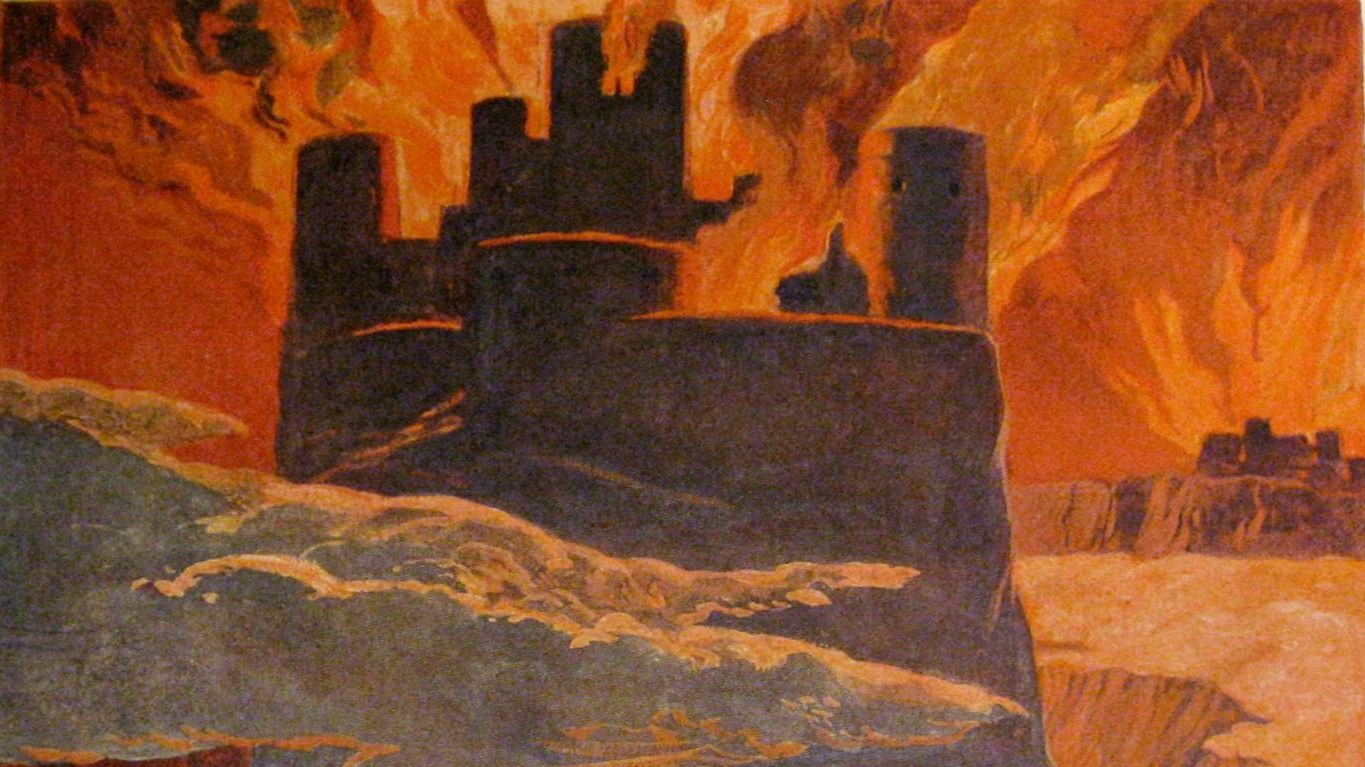Now, it is not about strengthening the economy, it’s about strengthening the defense
On May 17, the Russian Foreign Ministry announced the country’s withdrawal from the Council of the Baltic Sea States (CBSS). Russian Foreign Minister Sergey Lavrov notified the Council Secretariat in writing, explaining that Russia’s response is motivated by the Council’s hostile and Russophobic actions. What has Russia achieved in 30 years of being in the Council?
Deterioration
Russia’s withdrawal from CBSS could have been predicted as early as March. Almost immediately after the special military operation in Ukraine started, we faced a hostile policy coming from several countries in the Baltic region.
On March 4, CBSS member states decided to suspend Russia and Belarus from their membership. On the next day, Russian Foreign Ministry spokesperson Maria Zakharova described this as a hostile move. Two months later, on May 14, the government of Norway announced the CBSS upcoming meeting, but without Russia. The meeting itself will take place on May 25 in Kristiansand, Norway.
It was anticipated that the main topic of discussion will be the special military operation in Ukraine. Norway’s action did not go unnoticed in Moscow and, apparently, it was the last straw that forced Kremlin to completely withdraw from the organization.
How the Council of the Baltic Sea States came into being
The CBSS was founded in March 1992 in Copenhagen, Denmark. The initiative to create the Council came from Denmark and Germany. It was assumed that the countries of the Baltic region with access to the sea, as well as 11 observer countries, would get into the organization. The main participants were: Denmark, Germany, Russia, Sweden, Finland, Poland, Estonia, Latvia, Lithuania, Norway, and the European Commission (from the EU). The UK, USA, Belarus, Ukraine, France, Italy, Holland, Romania, Slovakia, Hungary, and Spain were among the observers.
The member states paid regular fees to support the Council’s work, and annually convened sessions for the Ministers of Foreign Affairs. The CBSS discussed all issues related to security, economy and development in the region. Noticeably, when planning for the future, the Council paid particular attention to the topics of ecology, sustainable development and, in general, the green agenda. Until recently, acute political issues could not be discussed and resolved in the organization. For example, since the early 1990s, Russia has raised the issue of infringement on the civil rights of Russians in the Baltic states and the transit of Kaliningrad’s residents from Russia through the Baltic States. However, the CBSS member states did not include these issues in the organization’s agenda.
Moscow tried to use the CBSS platform to strengthen relations with its neighbors in the region. So, in 2017, Russia approved a joint development plan named Baltika-2030. Within the Baltika-2030, they were supposed to organize a think tank that would draw up a joint development roadmap for the Baltic States.
In 2020, during the actual construction of the Nord Stream 2 gas pipeline, Russia tried to find a common language and resolve the issues with those states that blocked the pipeline from being laid along the seabed. Minister Lavrov did his best to maintain a constructive tone during the negotiations and convinced the EU countries of the great benefit of the gas pipeline’s completion.
What’s at steak
After the collapse of the USSR, the previously neutral Scandinavian countries (such as Sweden and Finland) began to actively strengthen their positions in the region – militarily and economically. Since the mid-1990s, Finland’s council of state has allocated several tens of millions of dollars for the development of cooperation with the Baltic states and the border regions of Russia. During the same period, Sweden was actively building an expensive (up to $10 billion) system of defense and control over sea, underwater and land space. The US has provided great assistance in the supply of tracking equipment not only to Sweden, but also to Norway.
Along with military capabilities, Sweden has also become very strong financially. Entrepreneurs from Sweden gained large shares in the Estonian banking sector. As a result, a significant part of the Estonian financial market was under Sweden’s control. Then, Stockholm’s financial influence gradually spread to Latvia and Lithuania. Finland was involved in a number of large investment projects in the Baltics along with Sweden.
Historically, Russia has been interested in having, if not friendly, then at least pragmatic relationships with its neighbors in the Baltic Sea. This was the security interest and the economic interest of the country. The Grand Duchy of Finland and the Baltic region as part of the Russian Empire served as reliable protection for St. Petersburg from the sea and land. Until 1939, the Soviet Union tried to negotiate with Finland an exchange of some territory in Soviet Karelia for the territory in Finland adjacent to Leningrad. After Finland’s withdrawal from World War II, the Soviet Union received an agreement on the non-military status of Finland until the end of its existence.
The collapse of the USSR significantly complicated Russia’s position in the Baltic Sea region. Lithuania, Latvia and Estonia left Greater Russia (USSR) with a hostile attitude towards Moscow. And before that, neutral Finland began to reduce its neutrality towards Russia. As before, St. Petersburg, as well as the Kaliningrad region, inherited by the Russian Federation from the Soviet Union, which in turn gained the region as a result of the Great Patriotic War, found itself in a difficult situation.
In conclusion
So what are the outcomes? Russia is vitally interested in establishing friendly relations with all countries bordering the Baltic Sea. For Russia, this is a matter of security and strengthening the economy. Moscow’s participation in the Council of the Baltic Sea States since its foundation in 1992 has been natural. CBSS was potentially another platform for dialogue.
The West was ready for dialogue with the Soviet Union, which had won World War II, and not with Russia, which had lost the Cold War. And the very platform of the CBSS itself was used by the member states to exert pressure on Kremlin. The withdrawal of Russia from the Council of the Baltic Sea States and the intention of Finland and Sweden to join NATO unequivocally show that now it is not economic ties that will have to be strengthened, but the defense of the Kaliningrad and Leningrad regions of Russia and Karelia.
Source: Rossa Primavera News Agency




